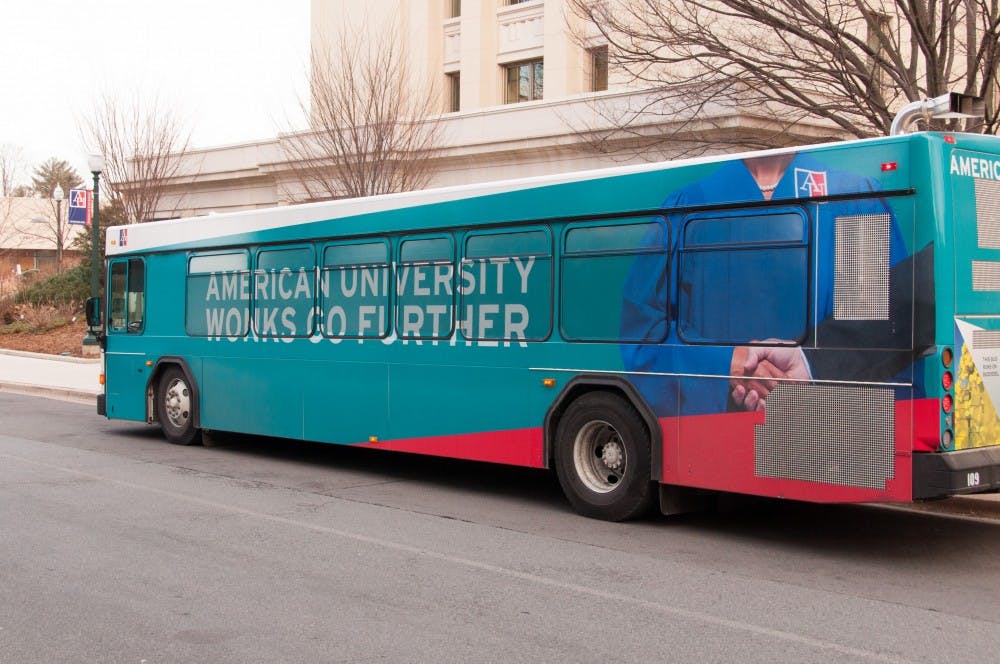Clarifications and correction appended
Undergraduate student opposition toward the WONK campaign may cause it to disappear in five years.
The University will continue to fund the campaign until 2019 at least, but WONK’s future depends on a series of measurements including public perception, according to Terry Flannery, vice president of communications.
“The goal is to have a critical mass who support [WONK],” she said in an email.
However, current data suggests the perception of WONK is still not reaching this goal. A 2013 survey evaluating the brand’s perception revealed slightly more positive feedback than negative, Flannery said. The results of this survey will be released at a Feb. 28 open forum.
Although more alumni and graduate students responded positively to the campaign, undergraduates remain divided, Flannery said.
“If we can increase internal pride, then we will be more likely to keep the campaign if the question arises in the future,” Flannery said.
After 2013 “Wonk of the Year” Anderson Cooper could not describe WONK and AU alumnus Carter Gibson advocated to eliminate the brand in January, students approached Student Government to voice their concern, according to SG Secretary Rosemary Cipriano.
“[Students] don’t like that AU gave them a label without their permission or hand in the process,” Cipriano said in a Jan. 16 statement.
Cipriano brought undergraduate students’ concerns regarding WONK to the University Marketing Advisory Council on Jan. 16. The council is comprised of members from various AU departments including faculty, the president’s office and two student representatives, one of which is Cipriano, Flannery said.
The council plans to improve students’ perception of WONK by revisiting the campaign’s roots as “KNOW” backwards. Flannery said focusing on this definition may change students’ attitudes.
The University has budgeted $1.47 million for the campaign over 2013-2014 and 2014-2015 academic school years, a $100,000 decrease from AU’s past marketing initiatives budget from the last two years, according to budget reports.
However, the marketing initiatives budget is less than 1 percent of the university’s total budget, Flannery said.
The budget past the 2014-2015 academic school year have not yet been determined.
The history of WONK
After WONK’s launch in August 2010, students said they felt disconnected from the campaign because it seemed exclusive to those interested in politics, according to a 2010 Eagle staff editorial.
However, in an attempt to be more inclusive, the University presented different types of WONKs to include other areas of interest such as business WONK.
The WONK brand was designed to increase AU’s awareness on the national stage and distinguish it from other D.C. schools to increase enrollment, according to Flannery. But there is no way to measure if WONK directly affected enrollment or awareness, Flannery said.
There has been a 10 percent increase in the number of incoming students choosing AU as their first choice college and a 55 percent increase in alumni engagement since 2010, Flannery said. Current data still cannot directly connect these increases to WONK.
Flannery helped develop the “Fear the Turtle” campaign at University of Maryland in 2003, which initially was not successful. The campaign was meant to highlight UMD as a research university, but community members raised concerns the campaign was too focused on athletics, Flannery said. The college planned to eliminate the “Fear of the Turtle” campaign three years after its launch, but the students and alumni protested and UMD continues to use it today.
From “Fear the Turtle,” Flannery said she learned it takes time for a college community to embrace a new campaign, she said.
“They have to represent what is real about the institution and its people-the students, faculty, staff and alumni,” Flannery said in an email. “Both campaigns accurately illustrate the shared character of the students, faculty and staff.”
Eagle Staff Writer Jared Angle contributed to this report.
Clarifications: A former version of this story suggested the WONK’s future depended on solely public perception instead of a variety of factors including public perception.
The story formerly referred to the marketing initiatives budget as the advertising budget, which covers more than just advertising.
A former version said WONK expanded different WONKs after its launch, not at the start.
The story formerly said the UMD community protested getting rid of “Fear the Turtle,” but it was mainly students and alumni.
Corrections: A former version of this story referred a source as an op-ed, not a staff editorial.





